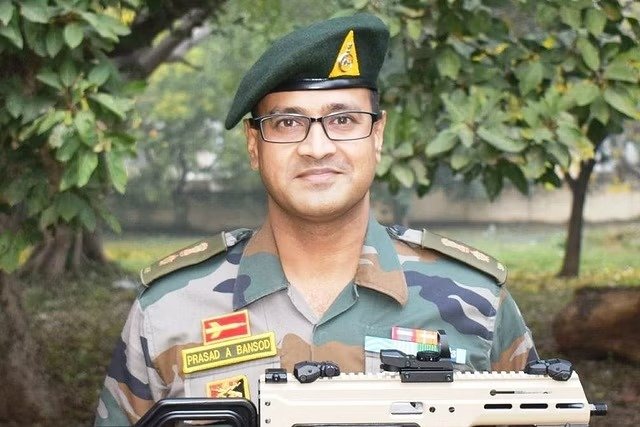Government Notifies Tri-Service Act, Paving the Way for Unified Theatre Commands
The government has taken a significant step towards military integration and efficiency by enforcing the Inter-Services Organisations (Command, Control and Discipline) Act, paving the way for the creation of unified theatre commands. This landmark move aims to streamline command and control structures, leading to better operational synergy and effectiveness. The enforcement of the ISO Act, which received presidential assent on August 15 last year and was passed by Parliament during the monsoon session, marks a crucial milestone in the most radical military reorganization since Independence. This development comes in line with the BJP manifesto’s commitment to establish military theatre commands for more efficient operations, following the creation of the chief of defence staff (CDS) post in December 2019. CDS General Anil Chauhan chaired a “Parivartan Chintan” recently, during which sub-committees made presentations on various domains and aspects towards jointness and integration, signaling the impending establishment of integrated theatre commands (ITCs). The momentum for ITCs had stalled after the unfortunate demise of the first CDS Gen Bipin Rawat in December 2021, amidst inter-service turf conflicts. India’s transition to a cost-effective war-fighting machinery through ITCs is imperative, considering the inefficiencies of the existing 17 single-service commands. The ISO Act empowers military commanders of tri-service organizations with administrative and disciplinary powers over personnel from the Army, Navy, and IAF, without compromising the unique service conditions of each service. The ISO Act is instrumental in enabling requisite command and control structures for proposed ITCs. The current plan includes two adversary-specific ITCs—one for the northern borders with China at Lucknow and another for the western front with Pakistan at Jaipur. Additionally, the Maritime Theatre Command at Karwar in coastal Karnataka will cover the Indian Ocean Region and the larger Indo-Pacific. The Ministry of Defence stated that the Act will empower the heads of ISOs, expedite case disposal, avoid multiple proceedings, and foster greater integration and jointness among the armed forces. This move underscores the government’s commitment to modernizing India’s defence infrastructure and enhancing its strategic capabilities.
Government Notifies Tri-Service Act, Paving the Way for Unified Theatre Commands Read More »


